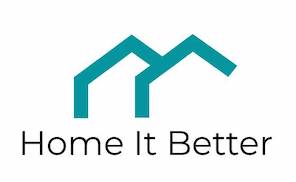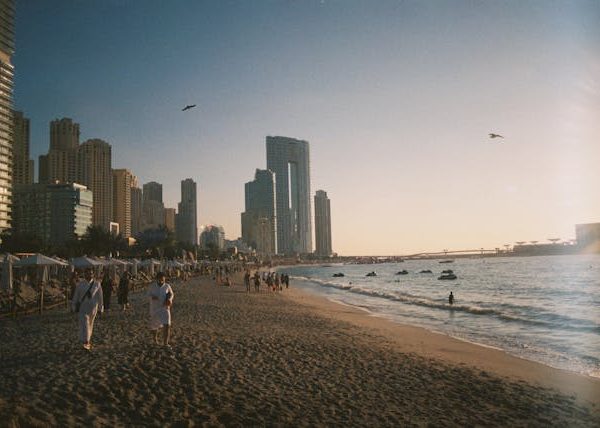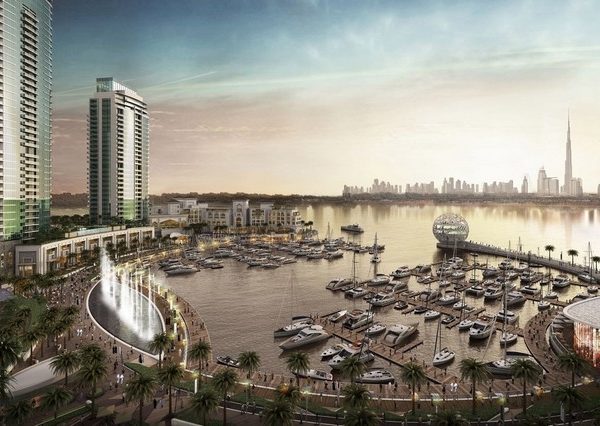Freehold vs Leasehold Property: Which is Better for Dubai Investors?

When deciding between freehold vs leasehold property in Dubai, investors often wonder which option offers better value, ownership rights, and long-term benefits. Dubai’s real estate market allows foreigners to buy property under three ownership types: freehold, leasehold, and commonhold. Understanding the leasehold meaning and comparing it against freehold can help investors choose the right property type.
1. What is Freehold Property in Dubai?
Freehold property means complete ownership of both the property and the land it stands on, with no time limits attached. Buyers have full rights to sell, lease, renovate, or pass it down to heirs.
Advantages of Freehold Property:
- Full ownership with no expiration
- Freedom to sell, lease, or renovate
- Higher potential for long-term capital appreciation
- Strong buyer demand due to permanent ownership
The rise of freehold vs leasehold Dubai properties started when Dubai opened freehold zones to international investors, making it one of the most attractive markets globally.
Why do investors love freehold properties?
- You own it outright – no time limits attached
- You can do pretty much whatever you want with it (sell it, rent it out, renovate it)
- It’s yours to pass down to your children or whoever you choose
- These properties tend to grow more in value
- When it’s time to sell, buyers are usually more interested because they get full ownership
👉 Note: Freehold zones differ from Free Zones. Freehold zones allow full property ownership, while Free Zones allow 100% business ownership without paying taxes.
2. What is Leasehold Property in Dubai?
The leasehold meaning is straightforward: it’s the right to use a property for a fixed period, typically 30–99 years, after which ownership goes back to the landlord or developer. Think of it like a really, really long rental agreement.
Features of Leasehold Property:
- You’re the owner (limited to up to 99 years)
- Less upfront costs compared to freehold as you don’t get permanent ownership
- Limited liability for repairs
- Restrictions on modifications, subleasing, or structural changes (i.e. maintenance work, home improvements)
- Lower property price in leasehold areas in Dubai compared to freehold
👉 When Leasehold May Be Better:
- For investors seeking lower entry costs
- For those with a shorter investment timeline
- Have your heart set on a leasehold areas in Dubai
- Care more about immediate rental income than long-term value growth
Freehold vs Leasehold Property: Which is Better?
It depends.
The choice between freehold property vs leasehold property depends on budget, goals, and investment timeline.
- Freehold is better for investors seeking long-term growth, full control, and inheritance benefits.
- Leasehold may suit those who want lower costs, short-term rental yields, or specific community locations.
Ultimately, the freehold versus leasehold decision comes down to personal preferences and financial strategy.
3. What is a Commonhold Property in Dubai?
Apart from freehold v leasehold, Dubai also offers commonhold properties, which combine individual ownership with shared responsibility for communal areas. Think of it as a hybrid between freehold and community living.
How Commonhold Works:
- Buyers own their unit outright
- Shared ownership of common spaces like lobbies, pools, and landscaping
- Payment of annual service charges (for upkeep of common areas such as pool, landscaping, cleaning, chiller-free or district cooling unit, and security staff) and sinking funds
*Sinking Fund: Property owner may also contribute to a ‘sinking fund’, a reserve fund set aside to help maintain the service charge funds from falling short. It’s set aside for major repairs (i.e. chiller replacements, or when elevators, safety systems, and parking areas need to be repaired.)
Advantages:
- Complete ownership of unit (not the land)
- Can sell, lease, or inherit freely
- You can renovate, as long as it follows developer’s guidelines and regulations
- Strong community aspect that can boost property values
- Shared responsibility means shared costs for maintenance
Disadvantages:
- Higher service charges compared to some freehold properties
- Major decisions about the property are made collectively
- May need to compromise on individual preferences for community benefit
Final Thoughts: Is Freehold Better than Leasehold?
In Dubai’s real estate market, freehold vs leasehold property is not a one-size-fits-all answer.
- Freehold is generally considered better for investors prioritizing long-term ownership and value growth. Most independence with full ownership.
- Leasehold works well for those looking for affordability, shorter commitments, or specific community living. Less control over the asset.
- Commonhold sits in the middle, appealing to buyers who value both ownership and shared community benefits.
For most Dubai investors, freehold tends to win the freehold vs leasehold Dubai debate, but both property types have unique advantages depending on your goals. It really comes down to your personal preferences, budget, and long-term plans.










